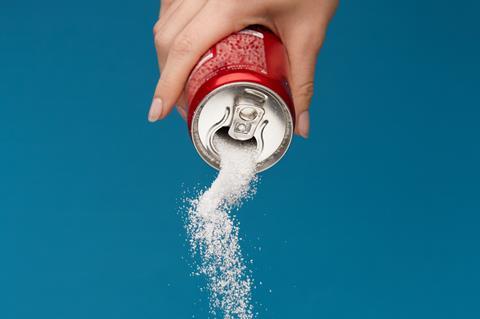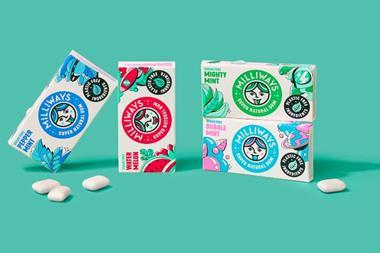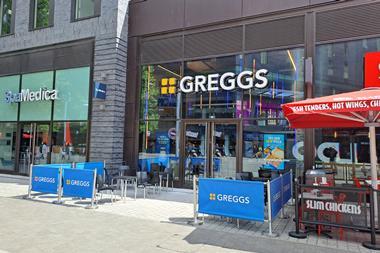
Are food and drink brands that use aspartame prepared for their sales to fall by 10%? In 2015, the International Agency for Research on Cancer (IARC), part of the World Health Organization (WHO), announced that processed meat was “probably carcinogenic”. In the following two weeks, sales in the UK of prepacked sausages and bacon fell by a tenth.
Will it happen again? There has been widespread reporting that the IARC will state on 14 July that aspartame is “possibly carcinogenic to humans”, in a report that is said to be the result of a review of 1,300 studies on cancer and the sweetener.
This could affect a lot of UK businesses. Aspartame, an artificial sweetener that provides sweetness but does not add calories, is on the ingredient list of 6,000 products in the UK. As well as falling sales, brands may also have to deal with negative consumer sentiment, pushback from retailers and the potential for regulation from a political class that is showing increasing interest in intervention in the food and drink industry.
And this won’t be limited to just brands using aspartame. Brands that use other artificial sweeteners could fall victim to the ‘horn effect’. This is the opposite of the ‘halo effect’ and could see consumers becoming wary of sweeteners in general.
How should brands react? Firstly, they need to decide whether to weigh in on this debate, as this may simply draw unwanted attention. The biggest players will have no choice and smaller organisations may have their products named by the media, giving them little option but to respond.
Long term, businesses may wish to consider reformulation and diversification. If they have a popular product that uses aspartame, creating an aspartame-free alternative could protect and grow overall sales.
Throughout, strategic communications will be essential. Brands will need a dedicated PR strategy to ensure sales aren’t affected. Even if the business’ overall plan is to change its products, it will still need a comms strategy in the interim.
Businesses should run general marketing, PR and influencer campaigns that positively promote their brand, without discussing aspartame, to shore up sales, whether they are being forced into the aspartame debate or not.
There is a huge spectrum of opinion from the scientific community on aspartame. Brands should counter the report’s argument by communicating consensus from other reputable health organisations that support the safety of aspartame. Brands may benefit from combining their efforts with other brands or organisations to make this point. Partnering with independent scientists to support claims will be effective.
Comms that drive education will be key. This debate is nuanced and effort is needed to ensure consumers understand its complexity and are able to make their own informed decisions.
Is there an upside for the industry? A huge number of businesses can capitalise on this news. Brands that market their sweetener-free credentials and products, like honey and agave nectar, that consumers see as natural and safe alternatives to artificial sweeteners are well placed to increase their customer base and sales. Sugar volumes could also benefit.
Brands that continue to use artificial sweeteners should take stock from the meat industry’s response to the IARC’s 2015 report. Smart comms, PR, education, reformulation and diversification were all effective tools in mitigating the impact and returning sales to growth.



















No comments yet